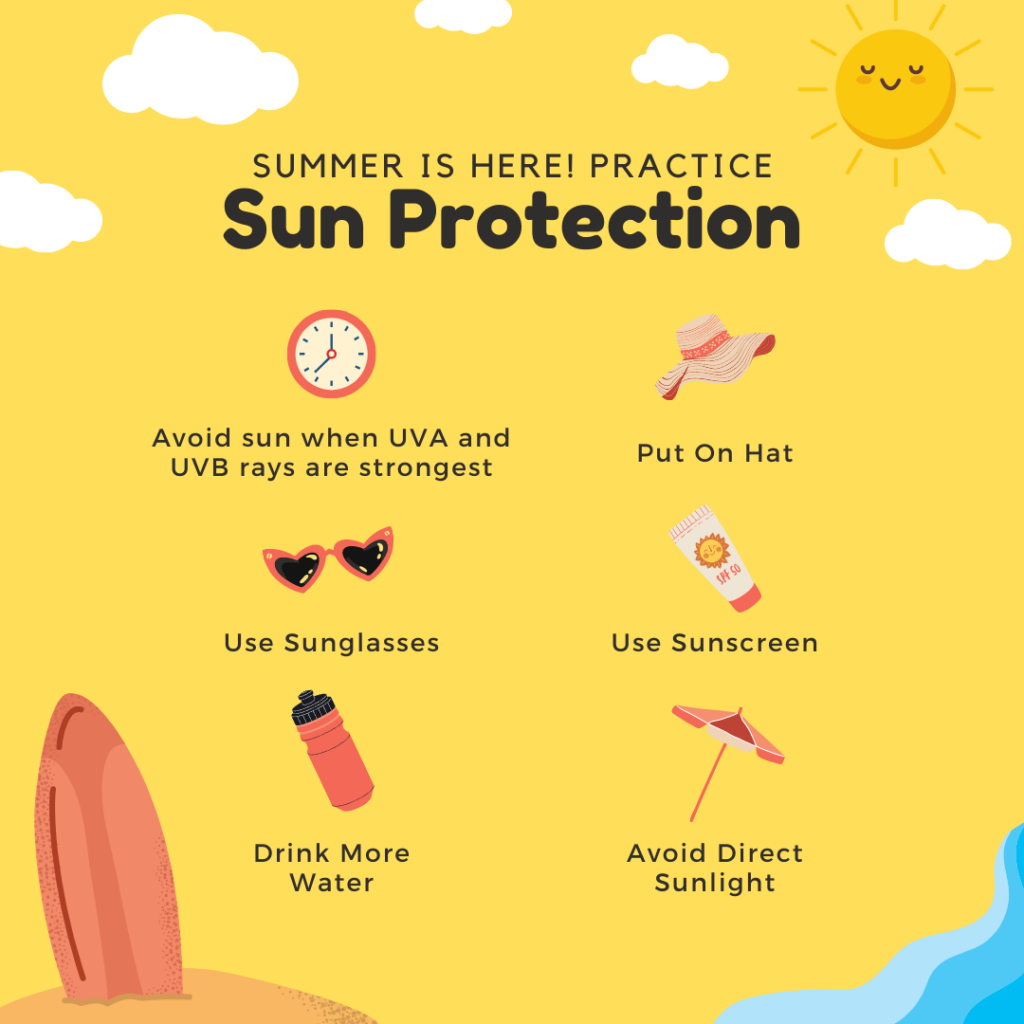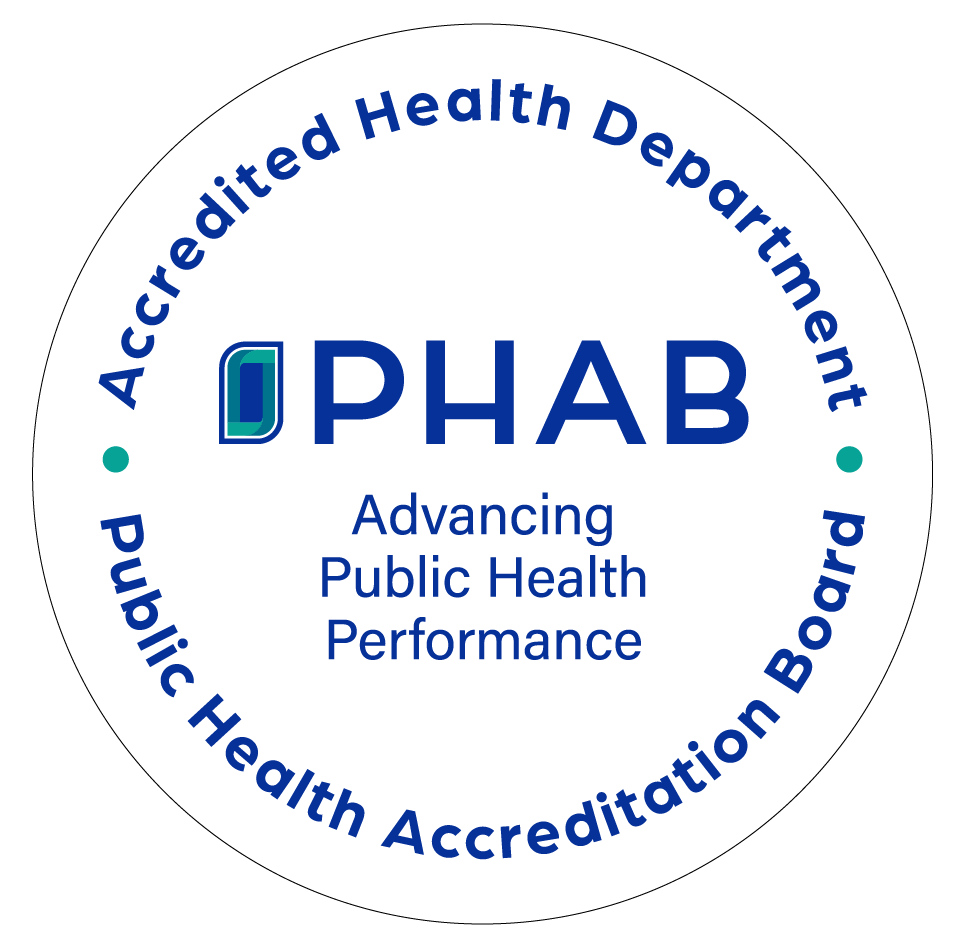In the warmer summer months, it’s exciting to get out and enjoy fresh air and sunshine. Throughout the season it’s also important to remember to practice sun safety.

Sunburns at any age, whether from the sun or from a tanning bed, significantly increase the lifetime risk of developing cancer and wrinkles. Sunburns for infants and small children can be especially harmful due to their more sensitive skin.
However, sunscreen is not recommended for infants. While sunscreen won’t poison a baby or make her sick, infant skin is more susceptible to some of the common side effects of sunscreen such as developing a rash. Additionally, infants are likely to put hands and body parts in their mouths, meaning they’re likely to get sunscreen in their mouths.
Instead of sunscreen, infants should be protected from the sun in shaded areas or under umbrellas. Hats should be used to protect the head, face, ears, and neck. Infants should be kept in breathable light clothing that will protect the skin from the sun while avoiding overheating. Protect the eyes from damage with sunglasses.
To keep babies well hydrated during hot weather, formula should be provided. Don’t water down formula in hopes it will provide additional hydration to the baby, as it can throw off the electrolytes, vitamins, and minerals that a baby needs, just like drinking too much water can cause for adults.
Adults, like infants, should avoid spending time in direct sunlight as much as possible. Wearing hats and light clothing and seeking shade can be effective ways to protect the skin, in addition to sunscreen. Sunglasses protect the eyes from future issues such as cataracts and burns on the skin around the eyes. Human bodies can soak in Vitamin D even when in the shade. Vitamin D supplements also can be helpful and safe ways to get Vitamin D without increasing the risk of cancer.
As a rule, sunscreen should be at least SPF 15 and should protect against both Ultraviolet A (UVA) and Ultraviolet B (UVB) rays. To assess risk for sunburn before going out, consult the ultraviolet index for your area. The UV index can indicate the strength of sunburn-producing UV radiation and can be found in weather forecasts. Sunscreen wears off, so be sure to reapply at least every two hours while in the sun and after sweating, swimming, or toweling off. Be sure to double check expiration dates as well. Sunscreen has a shelf life of no more than three years and can be lessened when exposed to high temperatures.
While using tanning beds and laying out in the sun are popular techniques to achieve a tan, consider safer methods such as spray tanning or self-tanning lotions which don’t increase the risk for cancer or premature wrinkles. Use sunscreen daily to protect your skin and be sure to use daytime facial moisturizer year-round with SPF that will protect from sun damage too.
To learn more about sun safety visit cdc.gov/cancer/skin/basic_info/sun-safety.htm.

